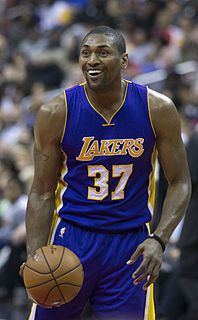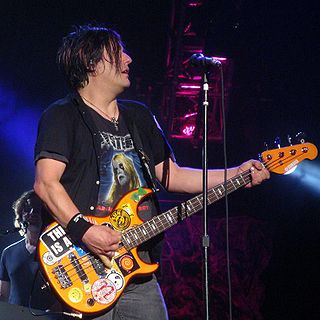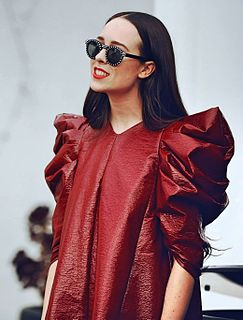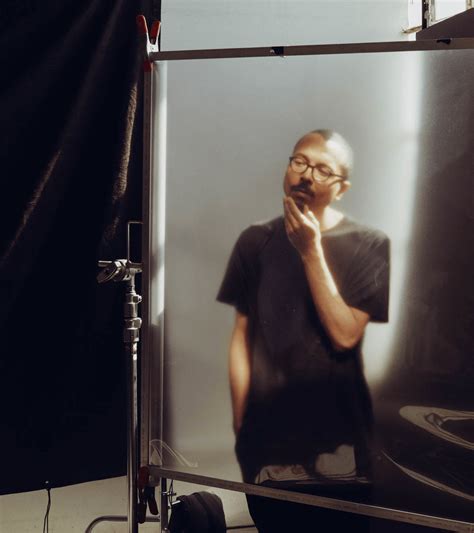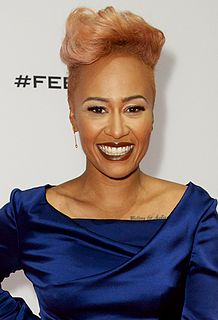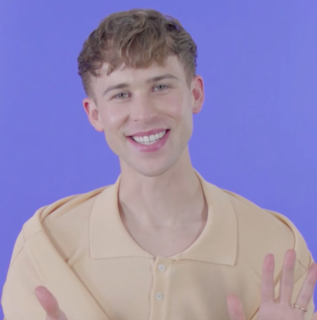A Quote by Ngugi wa Thiong'o
I'm more trying to connect; I'm more listening to people. Whatever I get is very meaningful to me.
Related Quotes
I'm a person who's trying to live within divine law, to the best and it's very hard because it's self-discipline, because the more you realise, the more you've got to get yourself straight, so it's hard, you know. I'm trying and there are a lot of people who are trying, even people who are not conscious that they are doing it, but they are really doing things for the good, or just to be happy or whatever.
Experience has taught me that I connect best with others when I connect with the core of myself. When I allow God to liberate me from unhealthy dependence on people, I listen more attentively, love more unselfishly, and am more compassionate and playful. I take myself less seriously, become aware that the breath of the Father is on my face.
My freedom will be so much the greater and more meaningful the more narrowly I limit my field of action and the more I surround myself with obstacles. Whatever diminishes constraint diminishes strength. The more constraints one imposes, the more one frees one's self of the chains that shackle the spirit.
I'm always trying to want to connect with fans and to connect them to each other. I mean, there's other things that I'm trying to do, but in terms of connectivity, that is really important to me. And I am a smaller artist still and there are people that are super passionate about my music, but not everyone in their circle knows about me. But yeah, I've always trying to find ways to connect fans to each other.
I have received emails from readers who have said that they were emotionally impacted by the books, and they feel they are more environmentally aware and energized to do more. So that's hopeful to me. It is at least evidence of what I'm trying to do - trying to convey very intense emotional experiences by being very close in on character points of view to make you feel it in your body. That's one way to get the point across, by evoking a visceral response.
I love jazz. So to me, there are two main types of jazz. There's dancing jazz, and then there's listening jazz. Listening jazz is like Thelonius Monk or John Coltrane, where it's a listening experience. So that's what I like; I like to make stuff that you listen to. It's not really meant to get you up; it's meant to get your mind focused. That's why you sit and listen to jazz. You dance to big band or whatever, but for the most part, you sit and listen to jazz. I think it comes from that aesthetic, trying to take that jazz listening experience and put it on hip-hop.
I think on the first album, my aim was to write a good song and have a good melody, and I wanted lyrics that would connect with as many people as possible. On the second album, I took a lot more of a personal approach. I wasn't trying to make conventional, structured songs; I was really trying to get a lot of emotion and my own personal journey throughout it. I just focused more on being honest than getting the normal song structure down.


